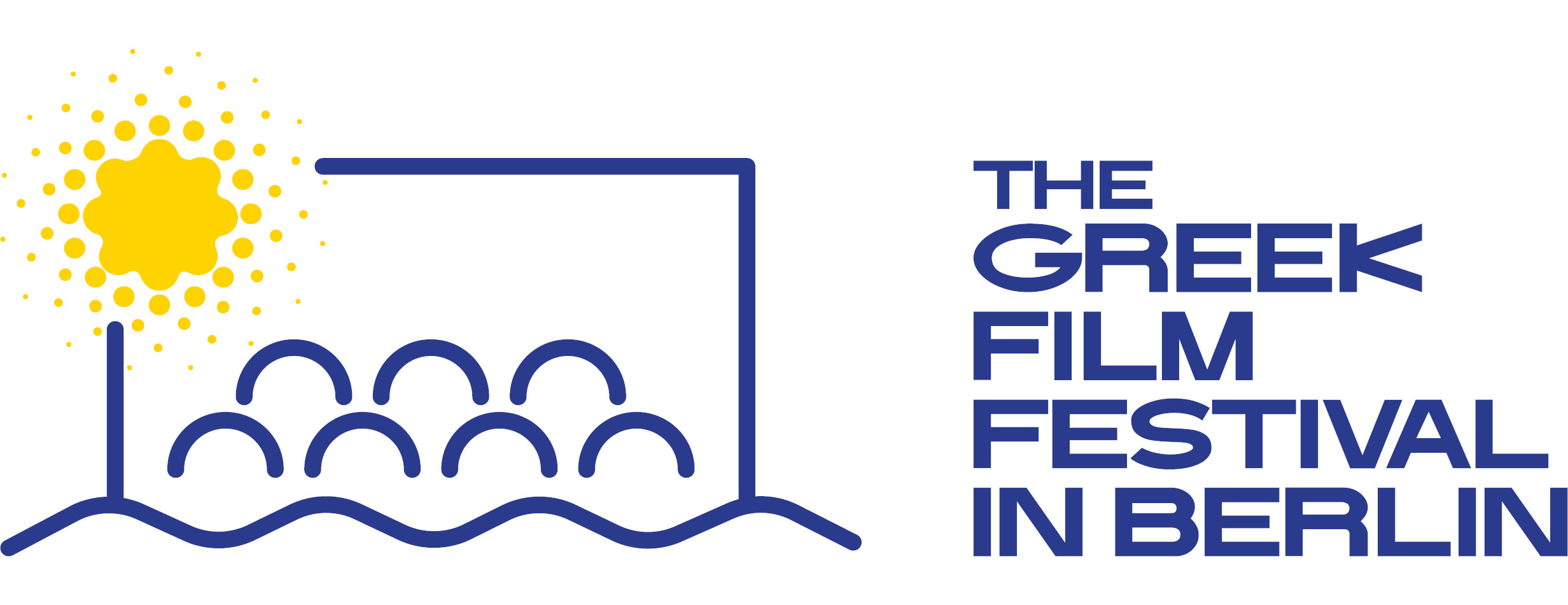A tribute to a country that seems to be mentioned only in connection to the word crisis. “VORZEIT – In Praise of Greece” is the title that filmmaker Harald Bergmann gives to the first part of his project about Greece, Crete and the much older Minoan culture.
About a country between myth and myths: myth both in the sense of the ancient story the movie begins with the – the Zeus story – as well as in that other sense, which understands myth as distortion of the truth, deformation, lie – all the clichés, attributions, resentment and prejudices that some groups, communities and nations make about others, the natives about strangers, the Germans, the good Europeans about the indebted, insubordinate Greeks.
A unique document – and timely – in the face of the impending division of Europe. And with them all the voices that trace the causes of envy, resentment, otherness, and try to fashion their counter-image, supplemented by the quiet statements of the director, who with his cautious questions loosens people’s tongues, makes them tell stories, in Greek, English or German, and presents, as if in an interior monologue, the viewer with the question of whether the so-called crisis is not to be found with us rather than with the Greeks …
Just as penetrating are the questions he raises through the references to the winter of starvation in 1941/42, when the National Socialists occupied the country and exploited it economically, literally bleeding it dry. There were over one hundred thousand dead, “smugglers, thieves, work-shy”, as the Greeks were called at that time – like today.
But this is not a thesis film. His method is to question, feel his way, full of respect and empathy for his counterpart and not least for the beauty of the country, its people, its music, its old myths, its light. As someone who has become involved with the subject, he concludes with the thoughtful question, how “this way of thinking grew up in this light”, a question which is also about the source of the strength of these ancient people with its ancient civilization, which shaped Western thinking like no other.
Pathos, a quiet scepticism and at times flickering humour are the ingredients of this film – rhythmically and melodically framed, interspersed with the singing of Psarantonis, the famous Cretan lyre player who, sitting in the grandiose Cave of Zeus, praises music and nature as God, as the pulse of all life and existence.
Greek interviewees
Psarantonis, Olga, Pipinelli, Natasha, Giannis, John, Nontas, Judith, Nikos, Athanassis

Harald Bergmann
was born 1963 in Celle, North Germany. He studied Literature and Philosophy in Munich. He studied Film on the Academy of fine Arts in Hamburg and at the California Institute of Arts in Los Angeles in the Masters class of James Benning. He worked with the Frankfurter historical critical Edition of the writings of the poet Friedrich Hölderlin, which became the theme of one of his major works, the “Hölderlin Trilogy”- for which he received in 2007 the highly reputated “Hölderlin-Preis”. He received in 1994 the „Young Academy“ scholarship of the Akademie der Künste in Berlin. In 1996 he received the “Niedersächsischer Medienpreis”. For his cinema movie “Brinkmann’s Wrath” he received the “Innovation award of german film critics”, the “Preis der Autoren” of the Verlag der Autoren and the “Grimme-Preis”, the highest german TV award. Harald Bergmann was teaching as a professor at the Filmakademie Baden-Württemberg in Ludwigsburg, the “Hochschule für Gestaltung” in Karlsruhe, the University of Luzern, the “Hochschule für Film and Fernsehen” at Babelsberg and other insitutions.





